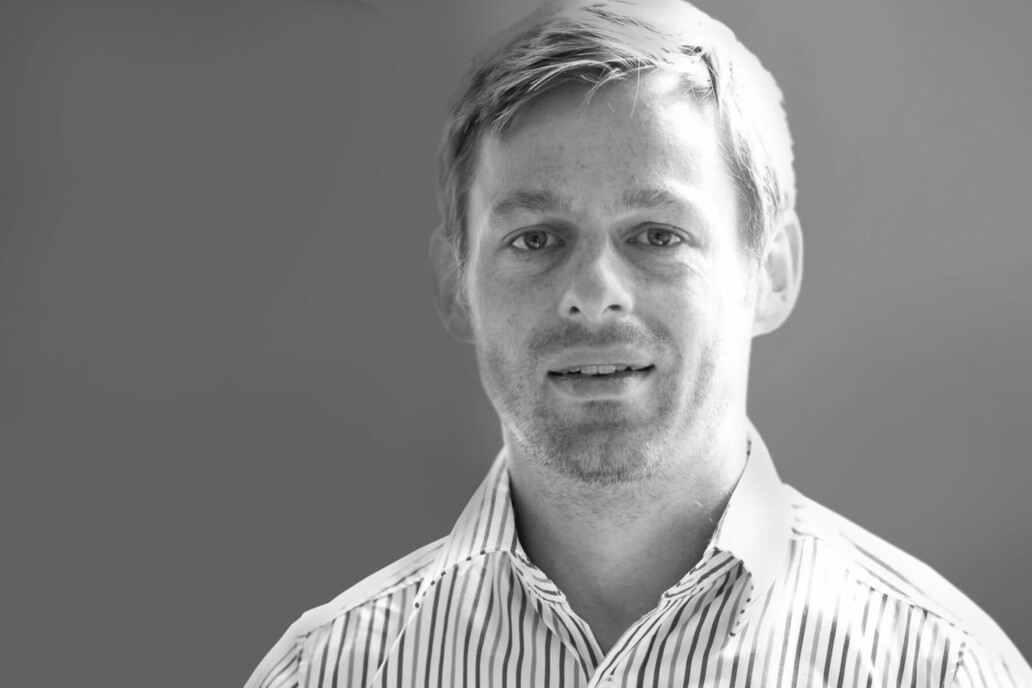Manuel Slupina
Graduate economist
Wüstenrot Stiftung
Hohenzollernstraße 45
71638 Ludwigsburg
Tel.: 07141 16 75 65 11
E-Mail: manuel.slupina(at)wuestenrot-stiftung.de

Vita
Manuel Slupina has been Head of Urban & Rural at the Wüstenrot Foundation since April 2021. He is mainly concerned with urban and village life in Germany. The foundation’s studies, competitions and events show how administrations and local people can use their wealth of ideas to improve opportunities for participation and quality of life or leverage local development potential. Previously, he was head of the “Demography Germany” department at the Berlin Institute for Population and Development. There, he researched demographic trends in Germany and the challenges they pose for shrinking or booming regions.
Research topic
Secular stagnation and its ecological consequences
The central challenge for the early industrialized countries in the coming decades will be to steer their societies and economic systems onto a sustainable path. The hope that technical progress with more efficient manufacturing processes will lead to less environmental impact has not yet been fulfilled – despite the partial decoupling of raw material consumption and economic growth. Although a unit of GDP can now be generated with less environmental and nature consumption than in the past, the economic growth of recent years has led to more consumption of raw materials and environmental damage in absolute terms.
However, regardless of this trend, there have been signs of a slowdown in growth in industrialized countries for several decades. Some countries, such as Japan, are experiencing almost zero cyclically-adjusted growth. The theory of secular stagnation provides an explanation for this development. It blames dwindling economic growth on structural and irreversible factors such as demographic change and declining productivity gains.
If the theory of secular stagnation is correct, more and more early developed countries will experience declining economic growth or none at all. This raises the question of whether the equation “more economic growth = more environmental damage” also works in reverse. There is still a considerable need for research here. The doctoral project “Secular stagnation and its ecological consequences” is therefore dedicated to the following questions: What would be the ecological consequences of a permanent end to economic growth in the early developed countries? Can secular stagnation bring industrialized countries closer to their climate goals, and if so, how big would the ecological dividend be that could be drawn from this?
Supervision
Second supervisor: Prof. Dr. Bruno Oberle, EPF Lausanne
Place of doctorate: TU Dortmund
Keywords
Secular stagnation, economic growth, resource consumption, sustainability, ecological dividend
